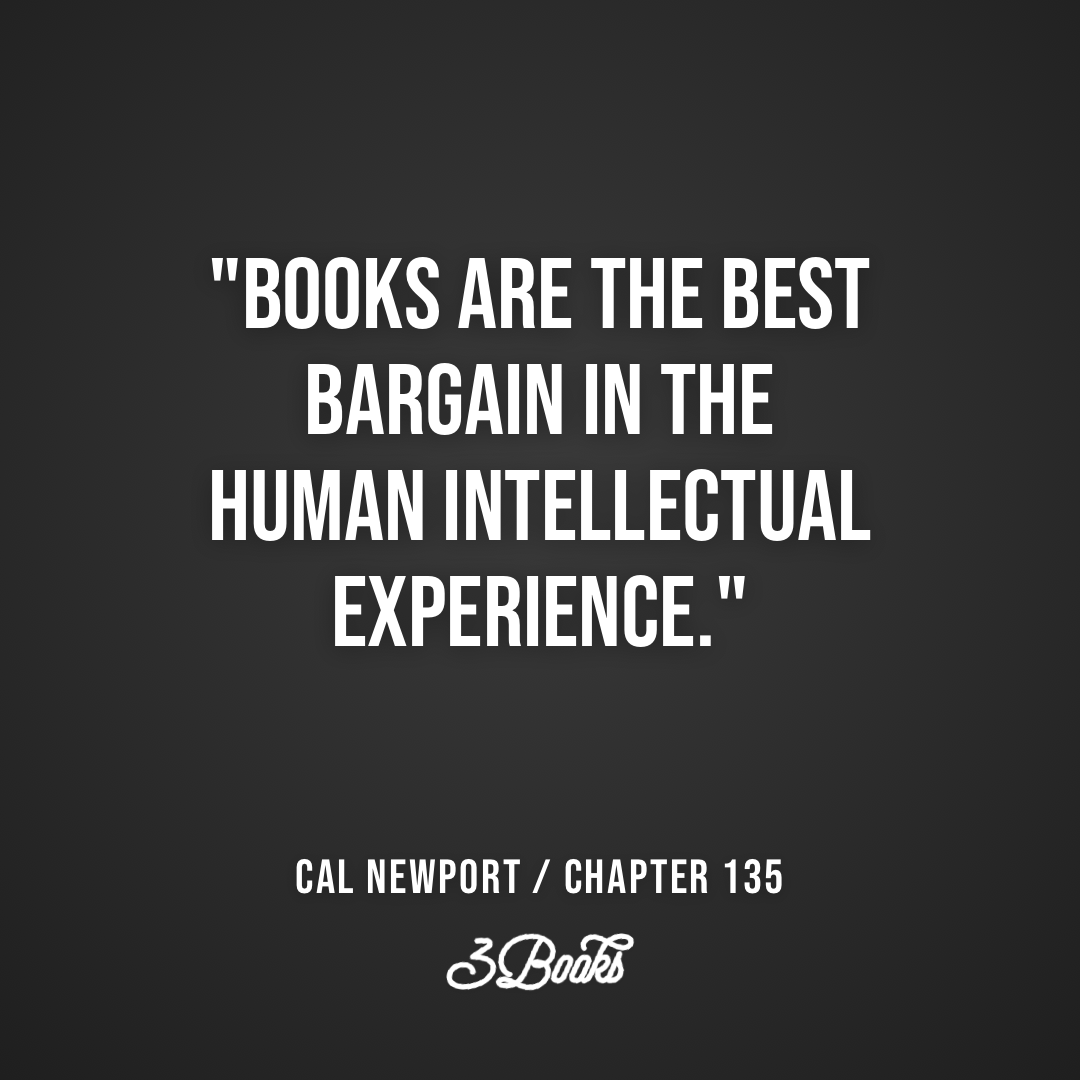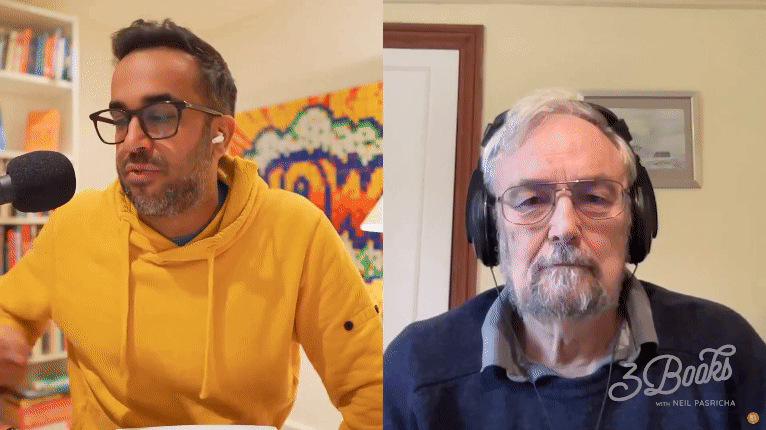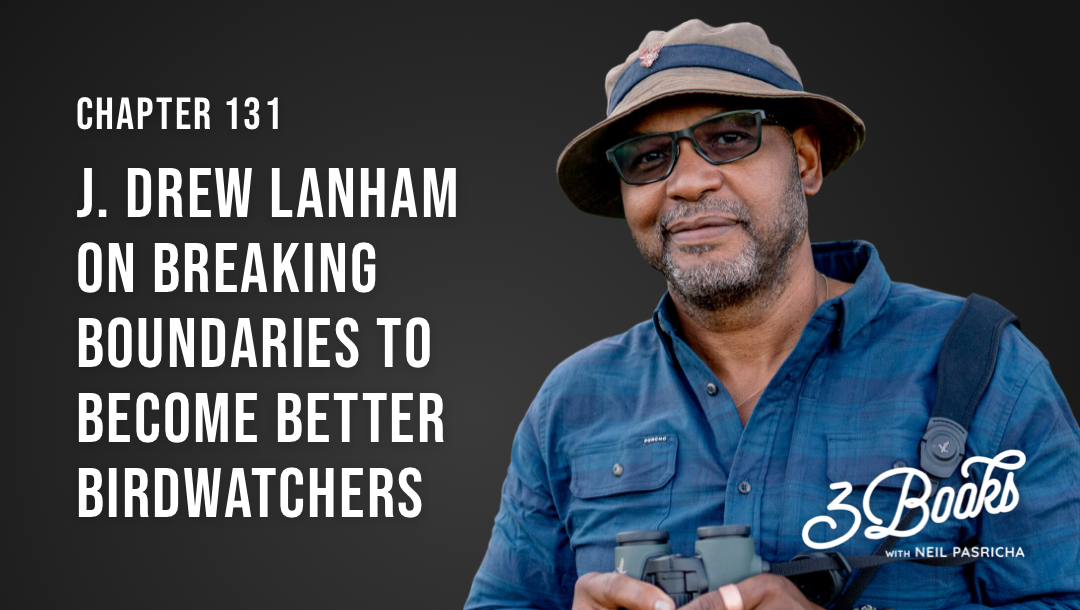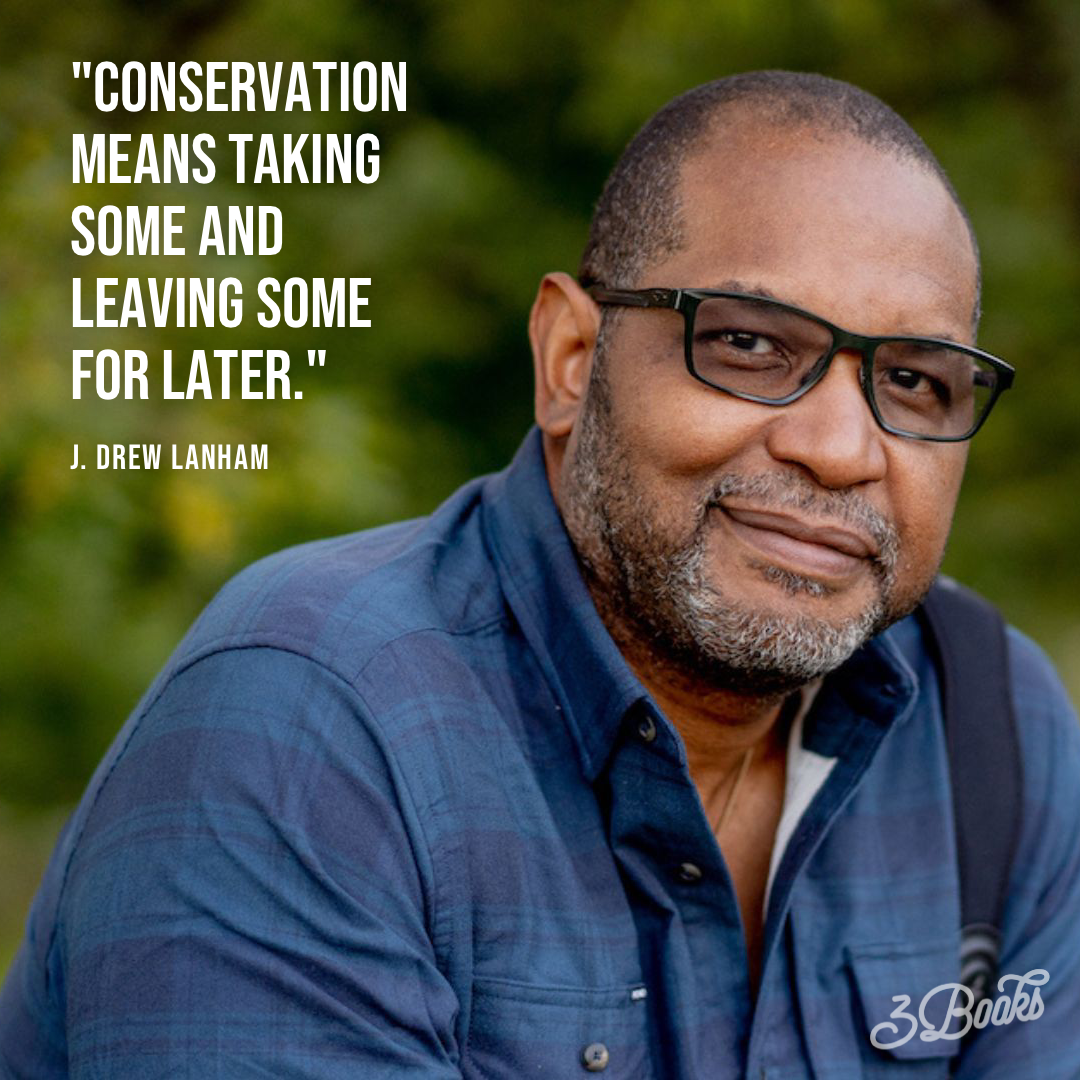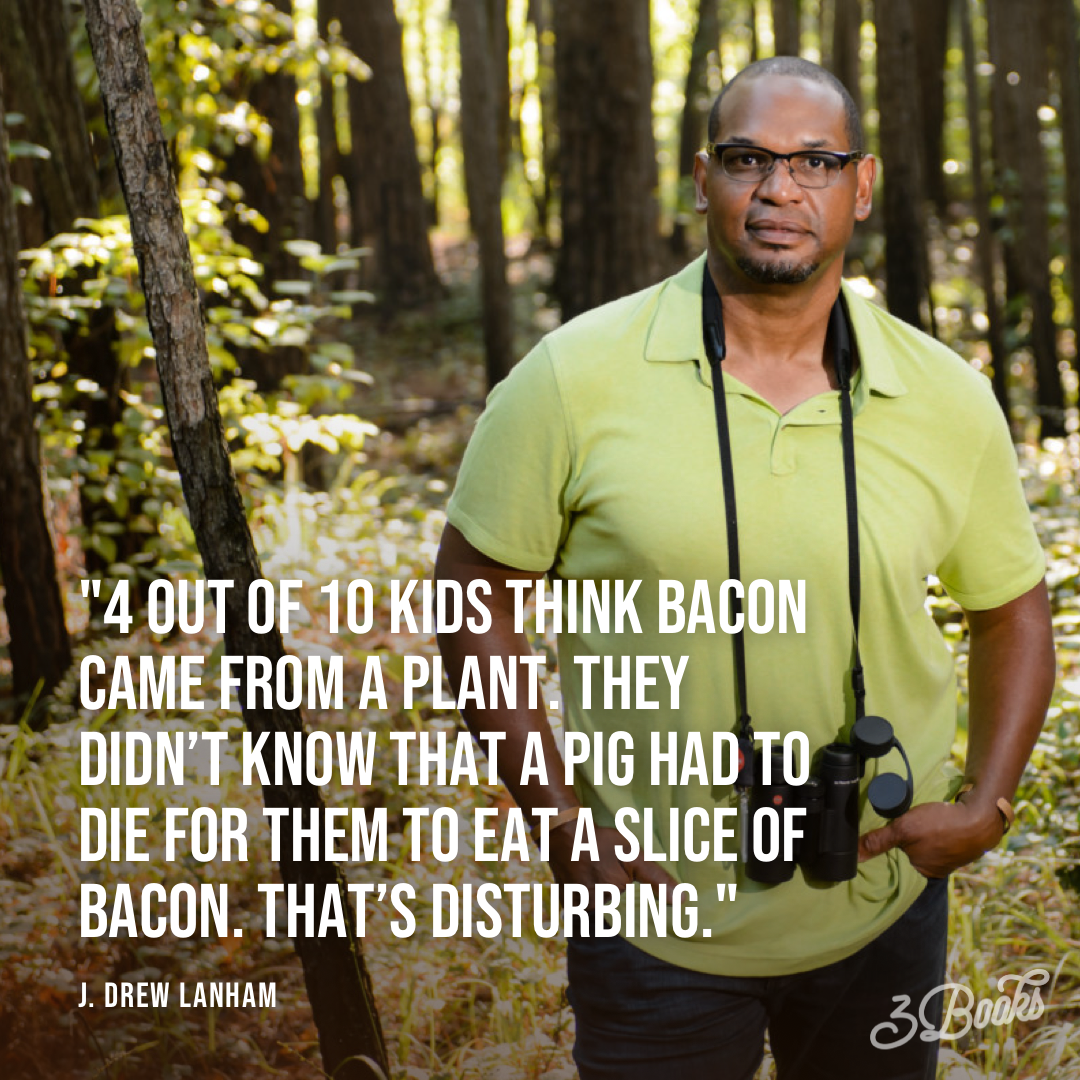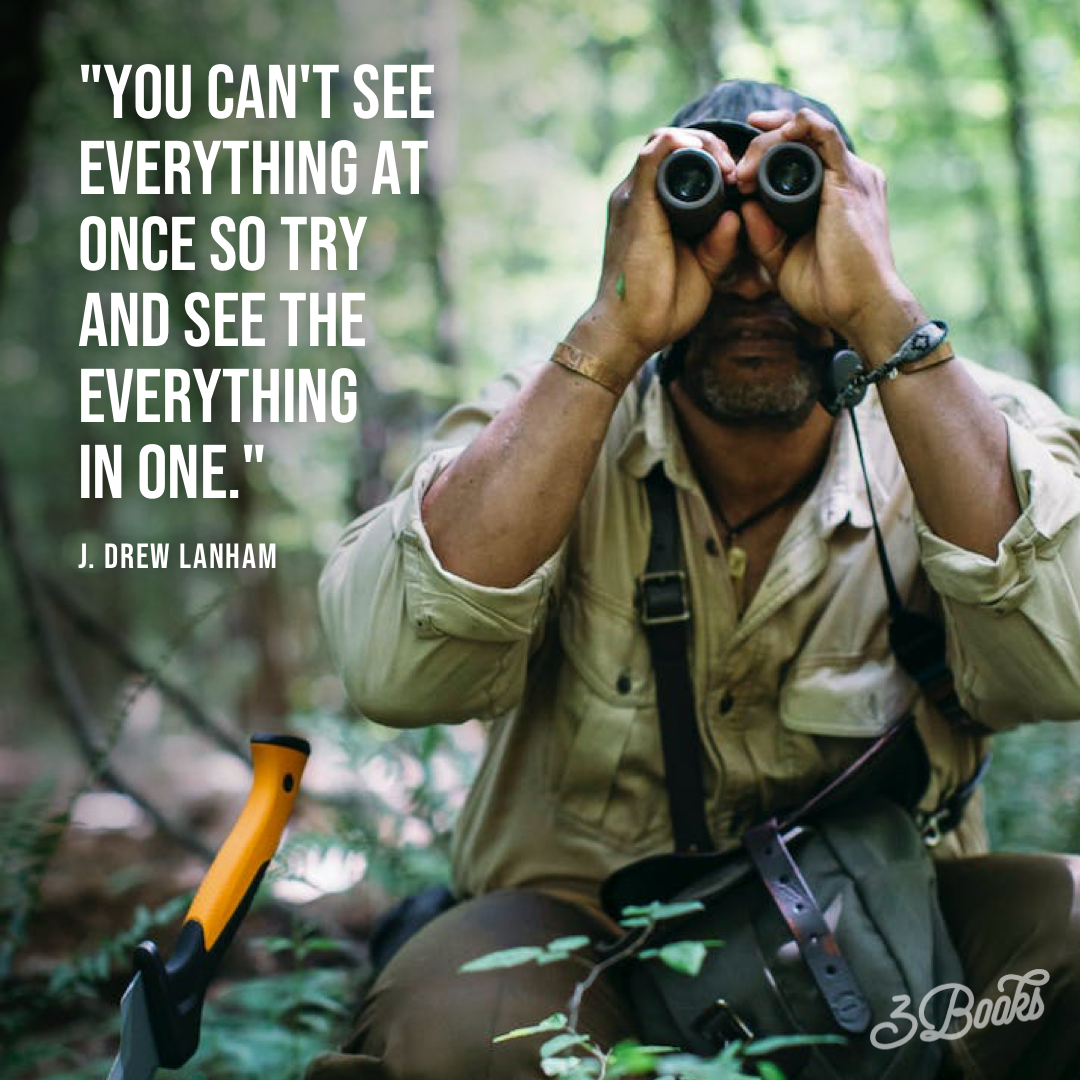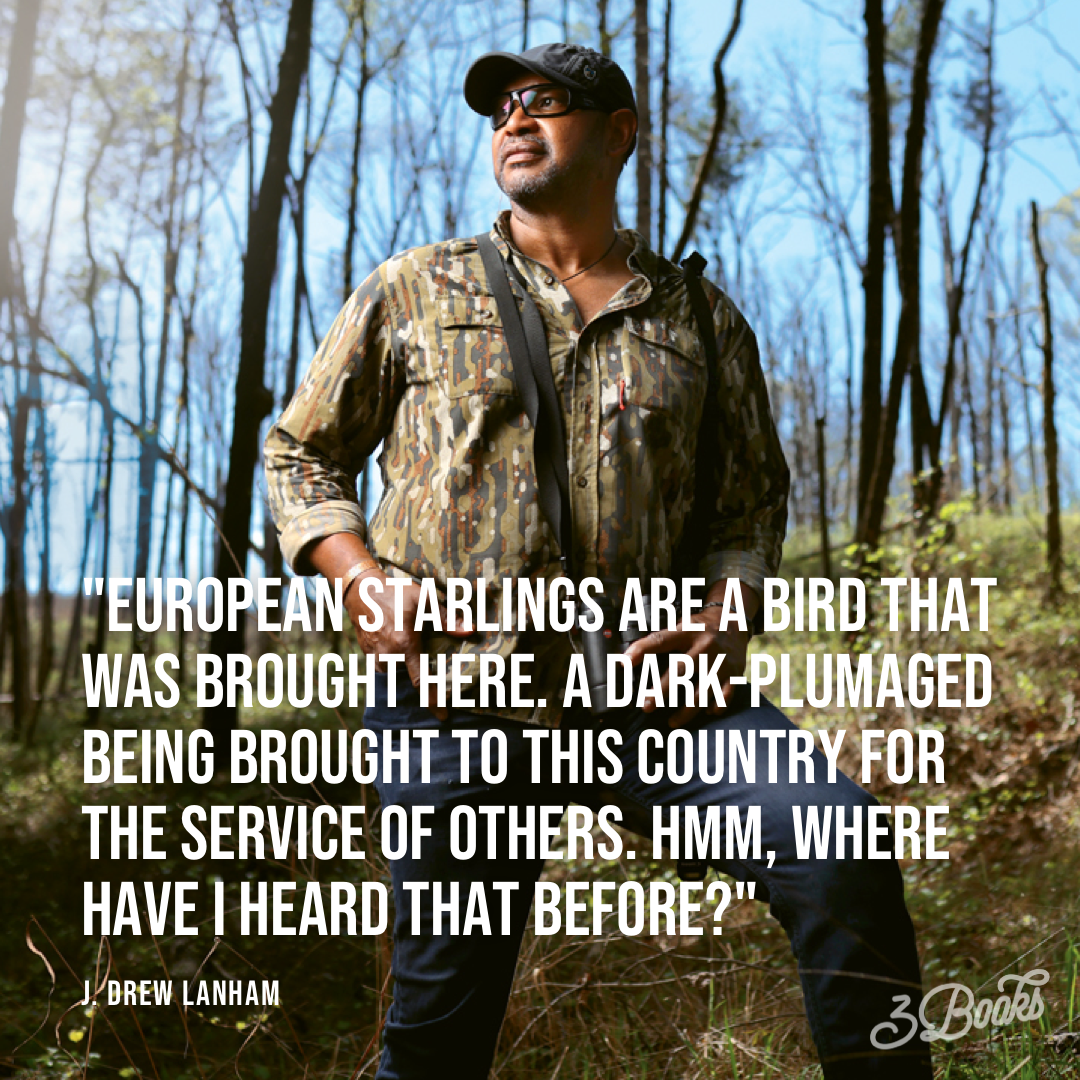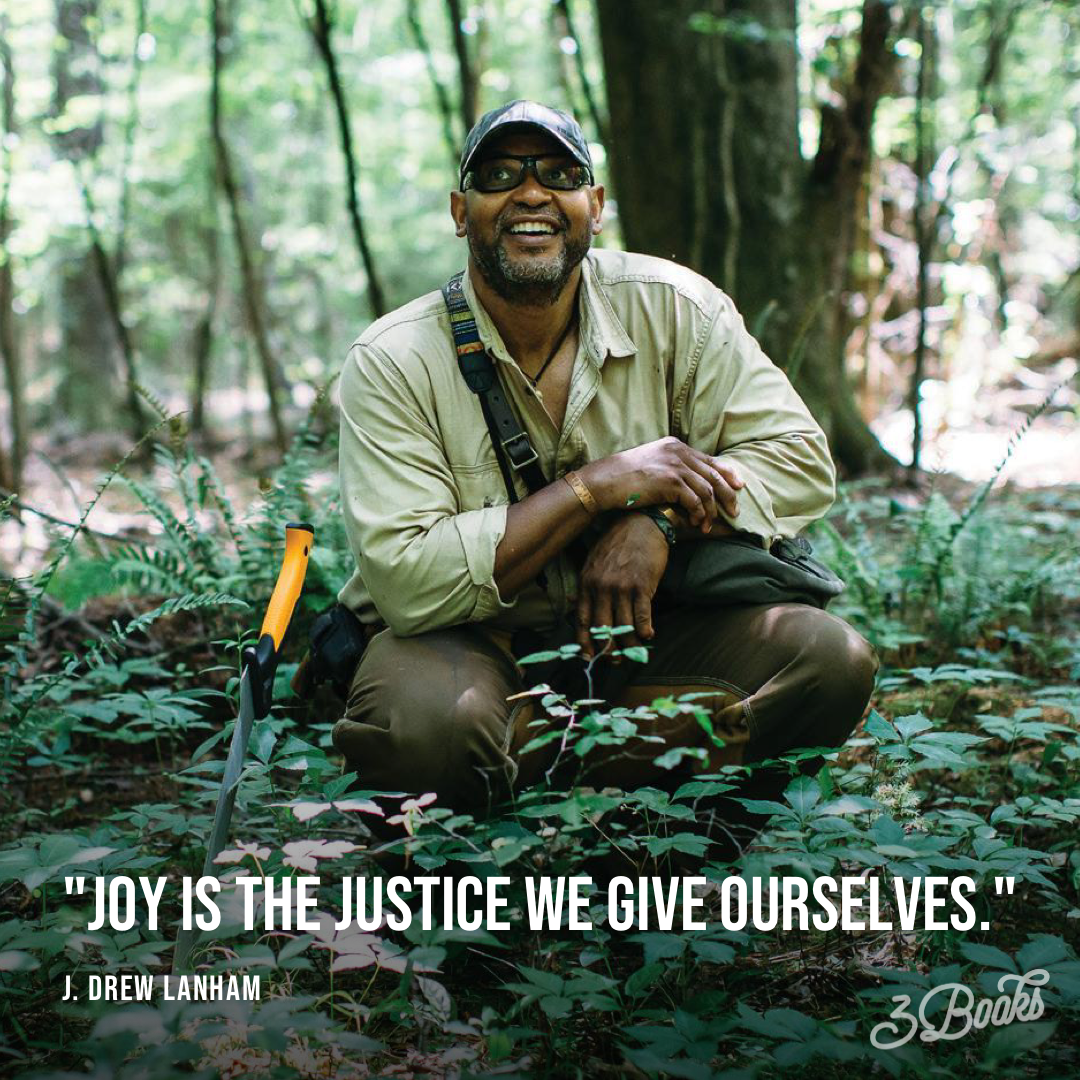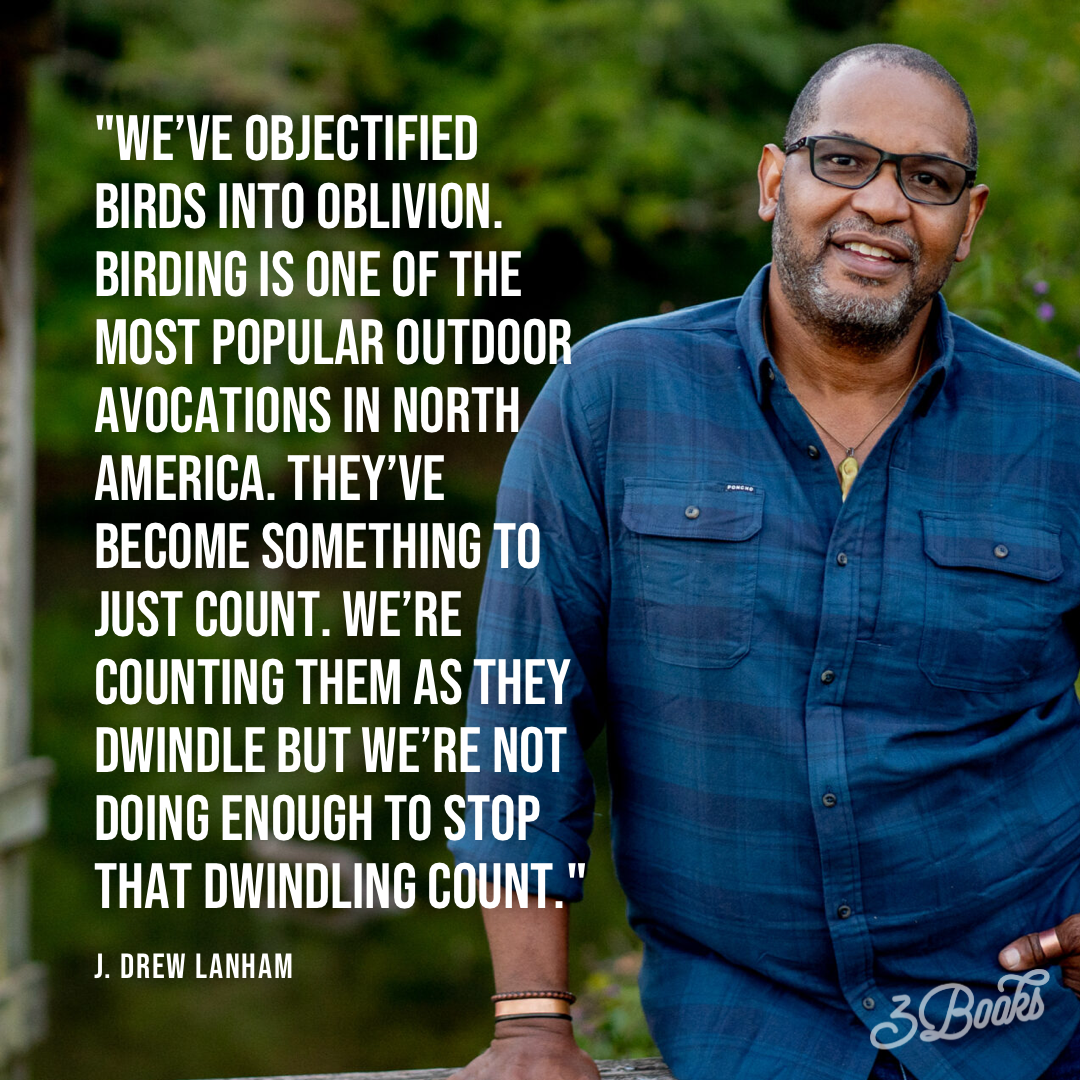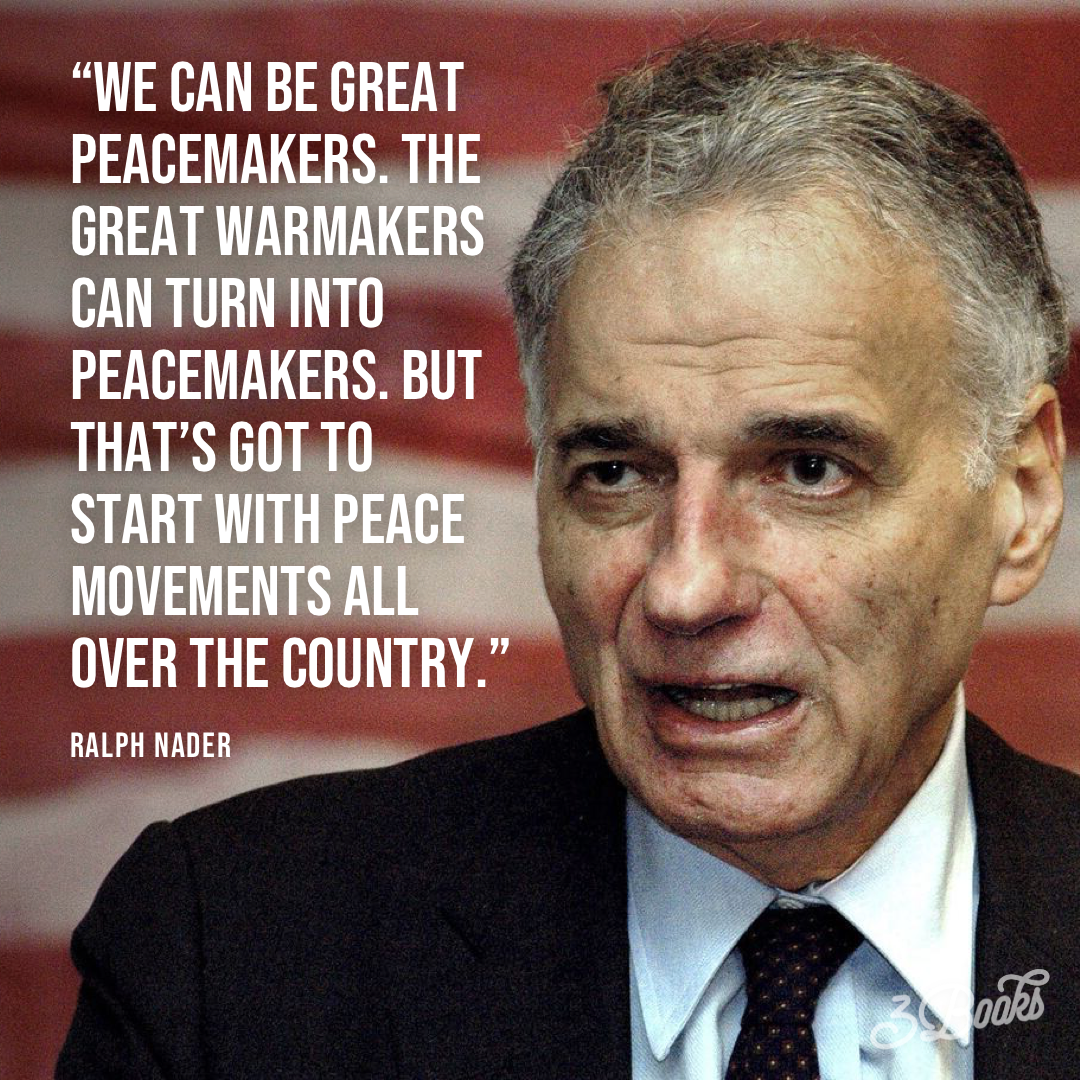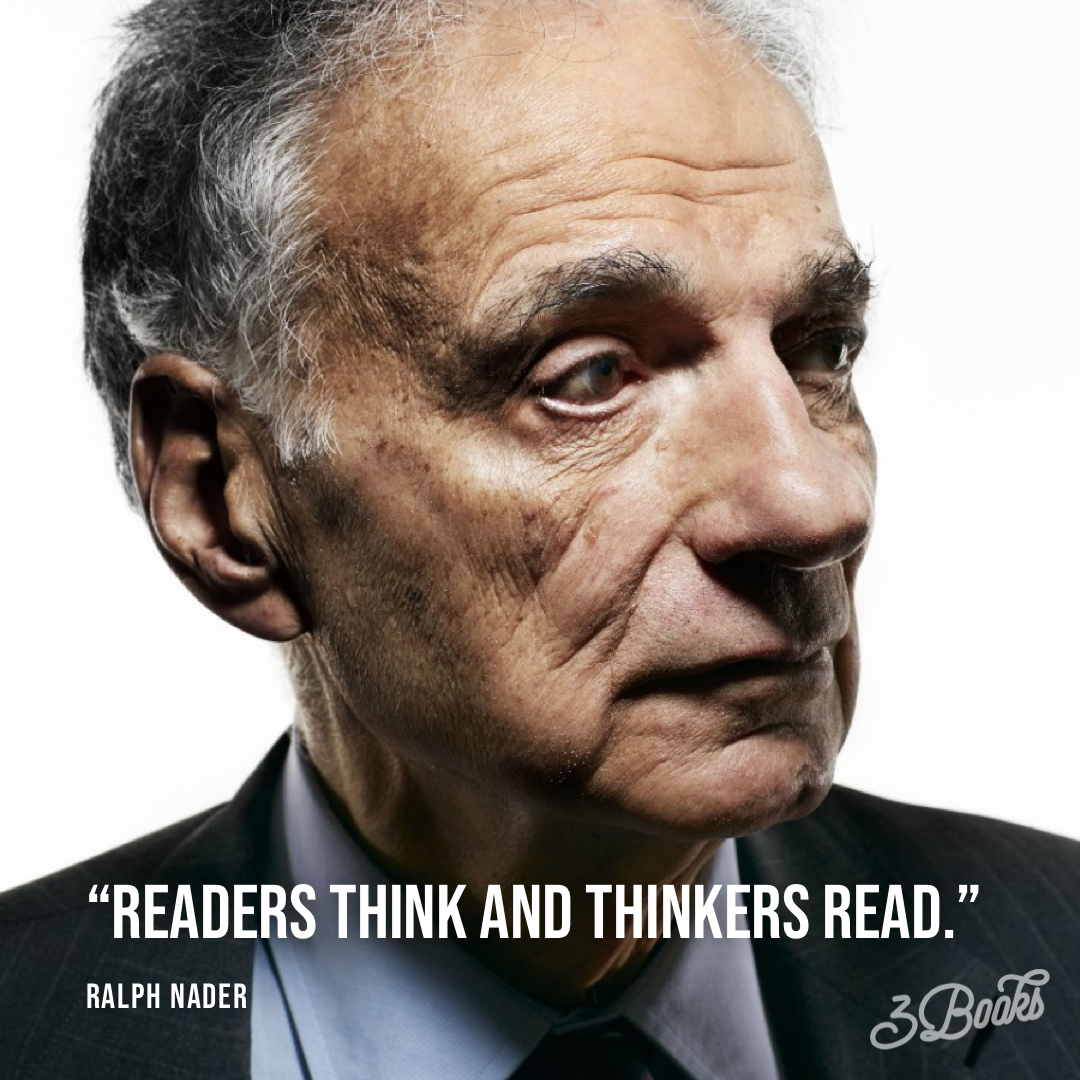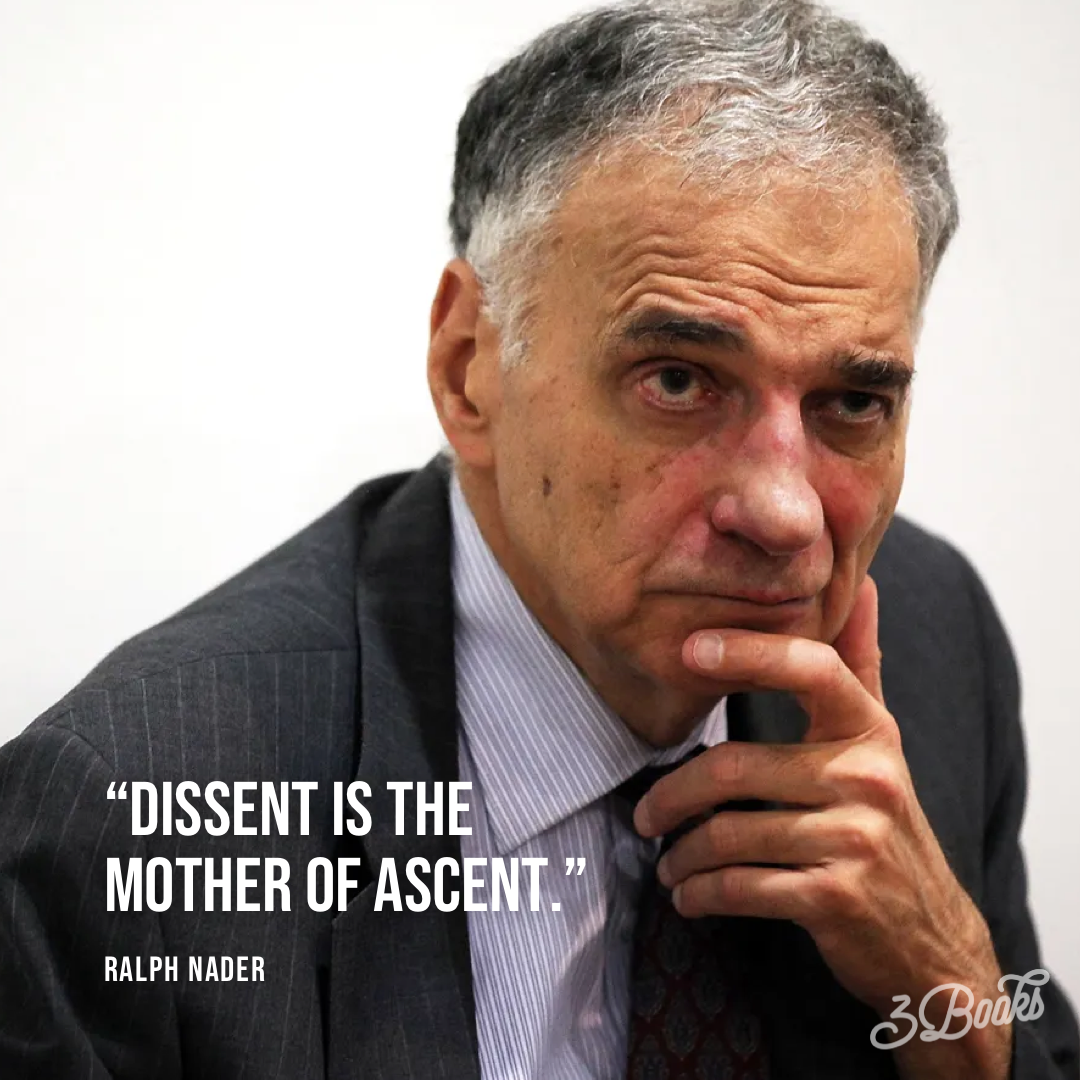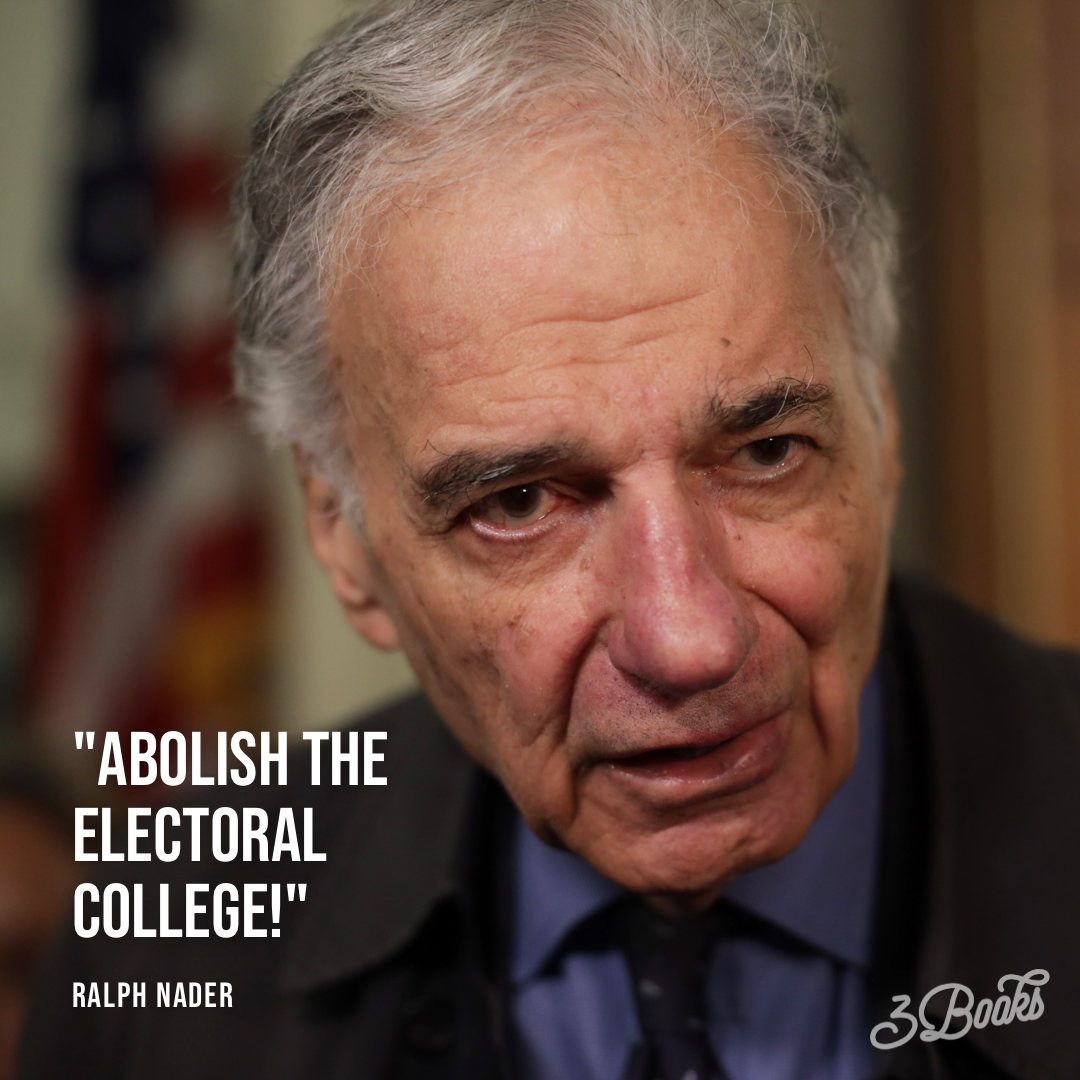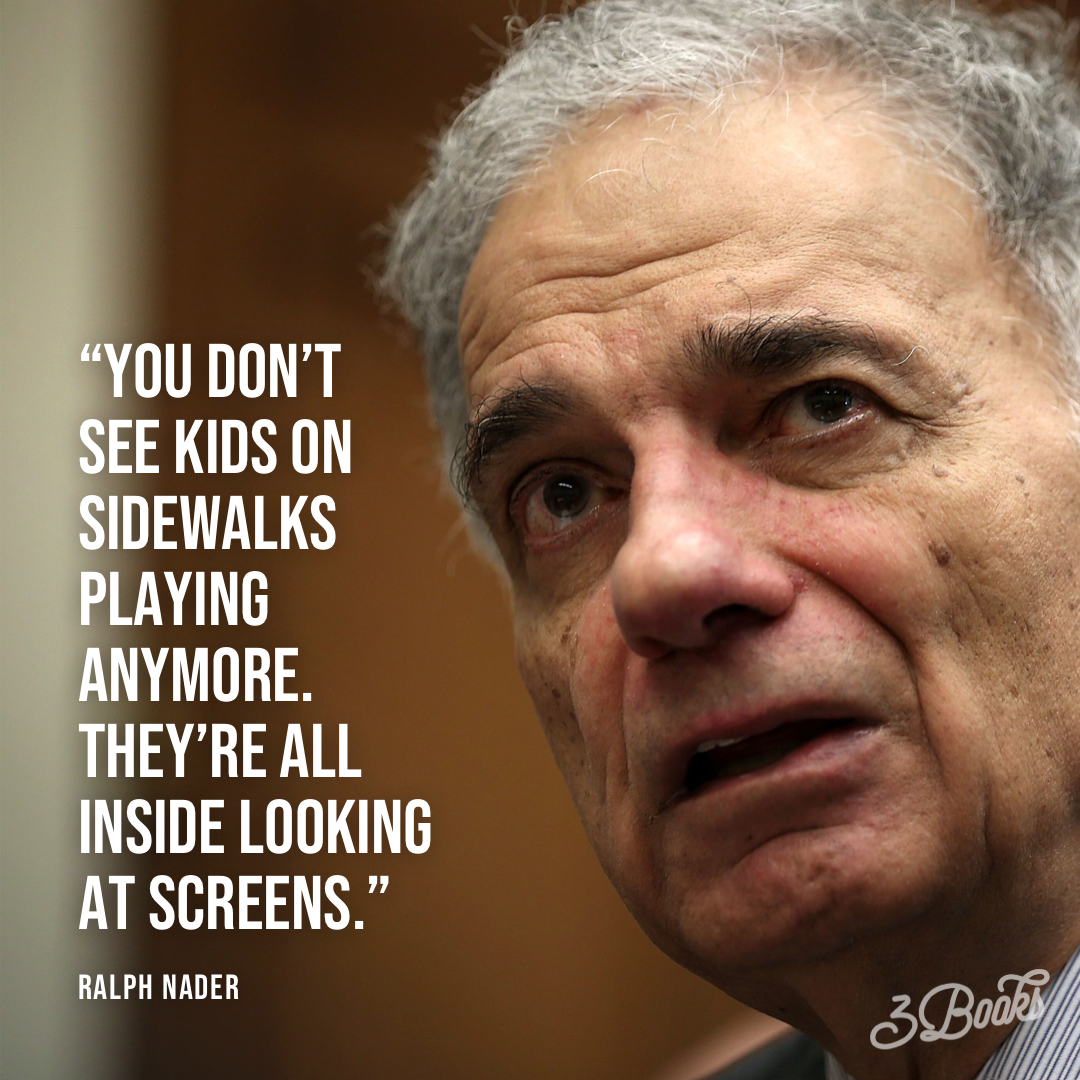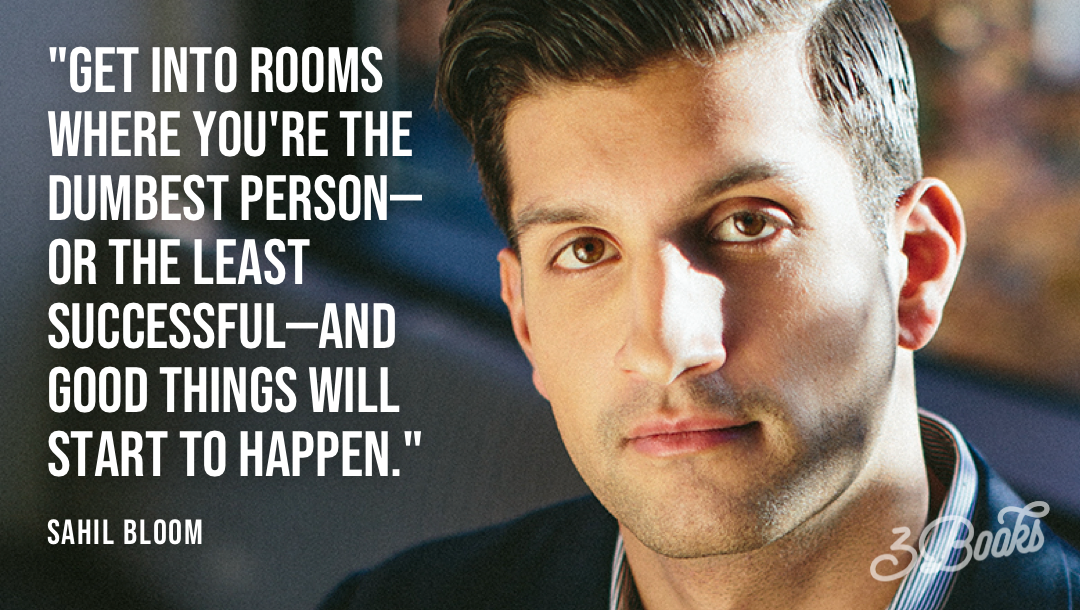I remember getting the knife.
It was near Christmas about 10 years ago and Leslie and I were zipping up a tiny suitcase before a beach trip with her grandparents and extended family. We weren’t married and I was making a desperate last-second plea to stuff a 576-page novel called ‘The Corrections’ by Jonathan Franzen into our bag. “It just won’t fit,” Leslie said. “You have … 100 pages left? Want to leave it and read it when we’re back?”
I did *not* want to do that.
The book was slipping under my skin—serrating my soul.
So I remember getting that knife.
The deep blasphemous pain I felt slicing the paperback spine and carving the last 100-ish pages off the book was far outweighed by the exquisite suite of pleasures I had slowly savoring it on the beach all week.
I had never read anything like ‘The Corrections’—with a clarity of character, wildly spinning plot, and unique three-dimensional *realness* that, page by page, twist by twist, left pits in my stomach, lumps in my throat, and tears in my eyes.
The book single-handedly elevated what I thought books could do.
I read ‘Freedom’ (2010), ‘Purity’ (2014), and ‘Crossroads’ (2021) the same way—equal parts admiration, fascination, and with a psychologically-transporting feeling of living outside of myself.
Jonathan Franzen is one of the most successful, accomplished, and decorated writers in the world. He is a Fulbright Scholar, National Book Award Winner, Pulitzer Prize Finalist, PEN/Faulkner Finalist, 2x Oprah’s Book Club Pick, voted to TIME’s ‘100 Most Influential’ list as well as gracing their cover as "Great American Novelist," and much, much more.
The NYT calls his books "masterpieces of American fiction," NYMag calls his books "works of total genius," and Chuck Klosterman writing in GQ says "Franzen is the most important fiction writer in America, and—if viewed from a distance—perhaps the only important one.”
Tall praise! But there is just nothing like a Jonathan Franzen novel and it was sheer delight going deep with the master of the deep to discuss writing advice, the magic of the written word, what heroes look like today, competing with David Foster Wallace, the best thing we can do for the climate, Jon’s 3 most formative books, and much, much more…
Let’s turn the page to Chapter 137 now…
Chapter 137: Jonathan Franzen finds fellow freaks and forges fantastic fiction
View full transcript here
CONNECT with JONATHAN FRANZEN
JONATHAN’S 3 Books
First book (38:50)
Second book (1:27:58)
Third book (1:58:06)
WORDCLOUD OF THE CHAPTER
Quotes
“There is a magic to the written word, and particularly the written word in a novel where you, as a writer, put a vision on the page into this very limited alphabet, 26 letters and a couple of punctuation points, and somebody decodes that, and they could be decoding it down the street or they could be decoding it 150 years later. And from that code comes this whole world and with it the person who created that world initially.” — Jonathan Franzen | 3 Books Podcast
“We have finite lives and very finite time for reading and there are five to eight orders of magnitude more books than I could ever read in my lifetime, and it does seem a shame to spend time reading crap.” — Jonathan Franzen | 3 Books Podcast
“It is a luxury to engage with things in a complicated way.” — Jonathan Franzen | 3 Books Podcast
“There was a time I thought it was a moral failing that you didn’t want to engage with complicated art, nuanced art, moral ambiguity, contradictions in character...I used to look down on people in my youthful arrogance.” — Jonathan Franzen | 3 Books Podcast
“Literature defined by its defiance of cliche.” — Jonathan Franzen | 3 Books Podcast
“Kids are not innocent little creatures. Kids are full of all sorts of bad stuff. They’re greedy and selfish, and they’ll go to considerable lengths to get what they want. If they’re not sociopaths, they’ll grow out of it. But kids are bad and they experience real remorse for that, and they also live with this awful sense of how bad they are.” — Jonathan Franzen | 3 Books Podcast
“[My mother] was very disapproving of the idea of my becoming a novelist. You’re going to lie for a living? That doesn’t sound right.” — Jonathan Franzen | 3 Books Podcast
“What does a hero look like in 2023? It looks like a teacher in a Florida school teaching forbidden books.” — Jonathan Franzen | 3 Books Podcast
“I’d always thought it’d be cool to be a writer. Lot’s of free time, and sit around, make stuff up and you get paid for it. You become famous. That sounded great. I wanted to do that.But I didn’t imagine myself as a literary writer.” — Jonathan Franzen | 3 Books Podcast
“I want to write a novel because I’m happy when I’m writing a novel. It’s like I’m alive when I’m writing a novel and part of me is just not really alive when I’m not. It is the story of my life that I’ve spent most of it not writing novels, therefore not really, fully alive.” — Jonathan Franzen | 3 Books Podcast
“Dialogue is more art than science. People don’t actually speak the way they do in my books. It’s a little magic trick.” — Jonathan Franzen | 3 Books Podcast
“It’s a lot like really, really wrapping your mind around your own mortality to wrap your mind around the mortality of this nice familiar world we live in that’s going to be horribly stressed in the coming years and decades, and will probably be unrecognizable a century from now.” — Jonathan Franzen | 3 Books Podcast
“You could take the futility of individual action as permission to behave however you want. I would argue that it doesn’t make it right to do that, and that it’s good to try and live your life the way you wish everyone else did.” — Jonathan Franzen | 3 Books Podcast
“Anything you can do to make the world a kinder and more stable place is a climate action.” — Jonathan Franzen | 3 Books Podcast
“Take a hard look at every sentence. Shake it. Shake it again. I guarantee you, it can be better.” — Jonathan Franzen | 3 Books Podcast
Show Notes
‘The Corrections’ by Jonathan Franzen
‘Freedom’ by Jonathan Franzen
‘Purity’ by Jonathan Franzen
‘Crossroads’ by Jonathan Franzen
‘Why Birds Matter’ in National Geographic
‘The Power Broker’ by Robert Caro
‘Barney’s Version’ by Mordecai Richler
‘Tale of Two Cities’ by John Steinbeck
‘A Game of Thrones’ by George R.R. Martin
‘On the Shortness of Life’ by Seneca
‘Perchance to Dream’ in Harper’s/Why Bother
‘Amusing Ourselves to Death’ by Neil Postman
‘Writing American Fiction’ Philip Roth essay
‘Infinite Jest’ by David Foster Wallace
Total Entertainment Forever by Father John Misty
‘Isabelle’ by George Saunders
‘A Christmas Carol’ by Charles Dickens
‘Haji Murad’ by Leo Tolstoy
‘Europeana’ by Patrick Urednik
‘The Lion, The Witch, and the Wardrobe’ by C.S. Lewis (Chapter 11)
‘Dr. Dolittle’ by Hugh Lofting
‘Harriet the Spy’ by Louise Fitzhugh
‘The Long Secret’ by Louise Fitzhugh
‘Alexander and the Terrible, Horrible, No Good, Very Bad Day’ by Judith Viorst
‘Voyage of the Dawn Treader’ by C.S. Lewis
‘The Horse and His Boy’ by C. S. Lewis
‘The Magician’s Nephew’ by C. S. Lewis
‘The Last Battle’ by C. S. Lewis
George Avery of Swarthmore, German professor
‘Lolita’ by Vladimir Nabokov
‘The Old Man and the Sea’ by Ernest Hemingway
‘Foster’ by Claire Keegan
‘Animal Farm’ by George Orwell
‘The Sixth Extinction’ by Elizabeth Kolbert







